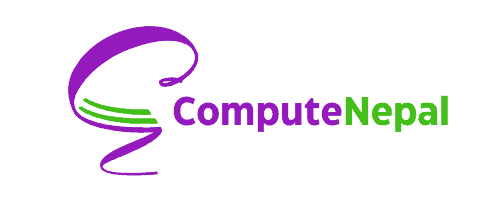Contents
IT Services
What is meant by Information Technology?
The term “Information Technology” refers to the use of computers and networks to store, process, retrieve, protect, transmit and manipulate data. It is commonly used as a synonym for computer networks, but it also encompasses other telecommunications equipment and technologies such as television and telephones. Several industries are associated with IT, such as computer hardware, software, electronics, semiconductors, the internet, e-commerce, information systems, programming languages, etc.
What are the various IT-related services?
A host of services are provided by private IT firms or government organizations. Website designing, web hosting, and managing, electronic publishing (e-publishing), database management, and software development are among the most important IT services. Hardware design and maintenance, data processing, multimedia services (content delivered live over the Internet), technological and infrastructural help, etc. are also provided by various IT service providers.
What is telecommunication?
Telecommunication is the general term for a vast array of technologies used in transmitting messages electronically over a distance (through electrical signals or electromagnetic waves). It is a connection allowing access between persons or places. Early telecommunication technologies included visual signals, such as beacons, smoke signals, signal flags, optical heliographs, and audio messages such as coded drumbeats, lung-blown horns, and loud whistles. Modern telecommunication technologies include telegraph, telephone, radio, microwave transmission, fiber optics, communication satellites, and the Internet.
What is meant by a ‘service provider’?
A service provider is a company or a business that provides various services to its client (various organizations) usually for a fee related to communications, storage, processing, installation and maintenance, legal, consulting, real estate, education, and many other services. The term generally refers to engaging third-party or outsourced suppliers, including telecommunications service providers, application service providers, storage service providers, and internet service providers.
What is web hosting?
In today’s world, having a website has become almost necessary for each business or organization. However, not all of them are able to host a website. Web hosting is a type of Internet service that allows individuals and organizations to create their websites and make them accessible via the World Wide Web. Web hosting companies not only provide space on a server owned or leased for use by clients but also other services like domain name registrations, creations, and control panels for managing services like e-mail. Files, also called web pages, can be uploaded via File Transfer Protocol (FTP) or a Web interface. The hosted website should run on a computer that is connected to the internet 24 hours a day, 7 days a week (24/7).
What is multimedia?
Multimedia is the field concerned with the computer-controlled integration of text, graphics, drawings, still and moving images (video), animation, audio, and any other media, where every type of information can be represented, stored, transmitted, and processed digitally. It also provides an interactive platform to the users. Multimedia devices are electronic media devices used to store and experience multimedia media devices used to store and experience multimedia devices used to store and experience multimedia content. Various multimedia services in the field of IT include business presentations, company profiles, product presentations, designing catalogs and manuals, 2D/3D animations, banners, etc.
How does e-publishing differ from traditional publishing?
E-publishing refers to the digital publishing of books, magazines, catalogs. Traditional publishing has the final product in a printed form. Though both the publishing formats follow the same pre-publishing process, they differ in some ways. E-publishing does not involve a physical printing press. The complications in the distribution of a physical product can be avoided with e-books. Since the content is electronic, it may be distributed over the Internet. however, you still need to create a file format that will suit the device on which the e-book will be read. The consumer may read the published content on a website, in an application on a tablet device like Kindle, Ipad, or in CD/DVD or a PDF on a computer. E-publishing can cater to a wider market in a cost-effective way.

